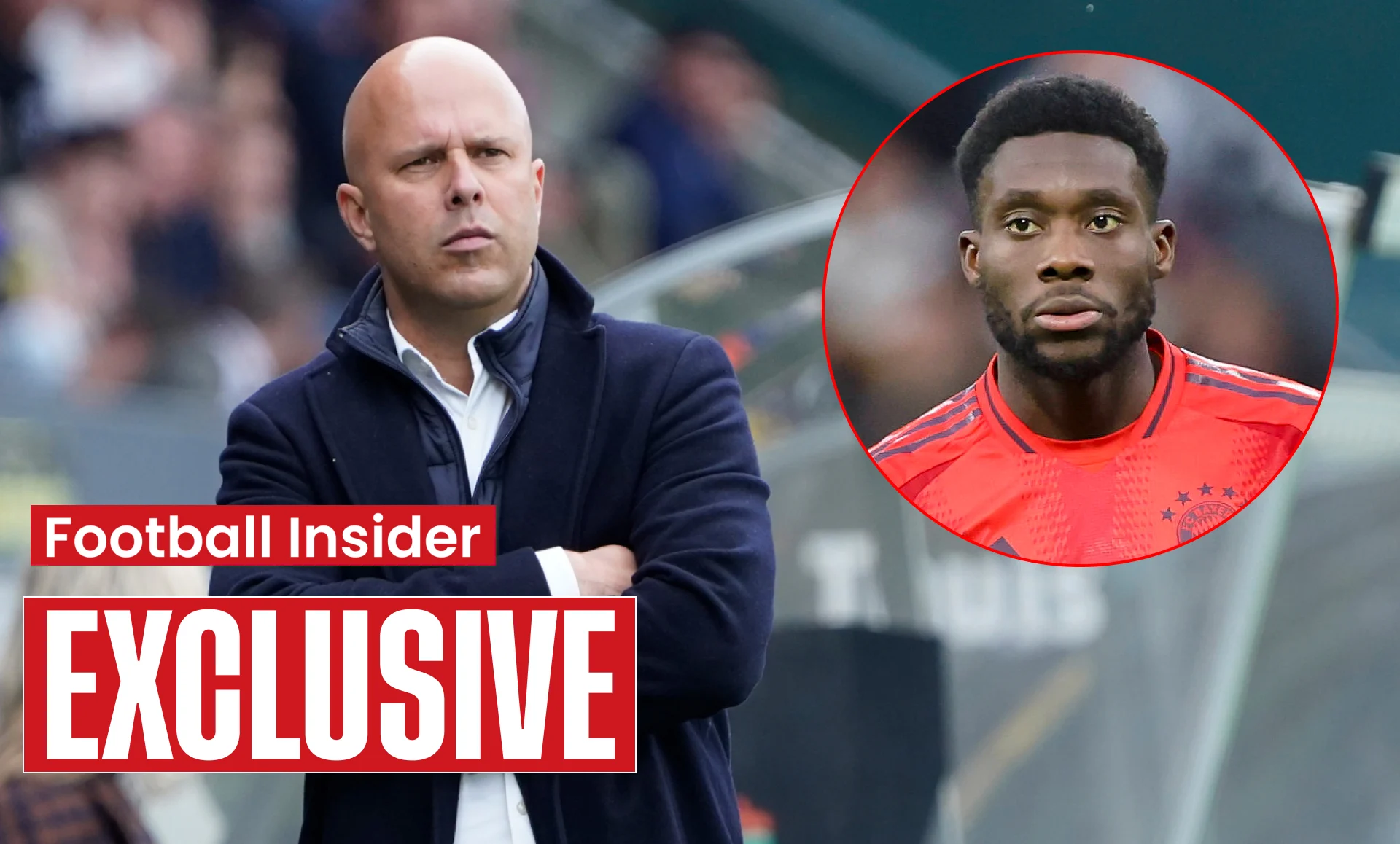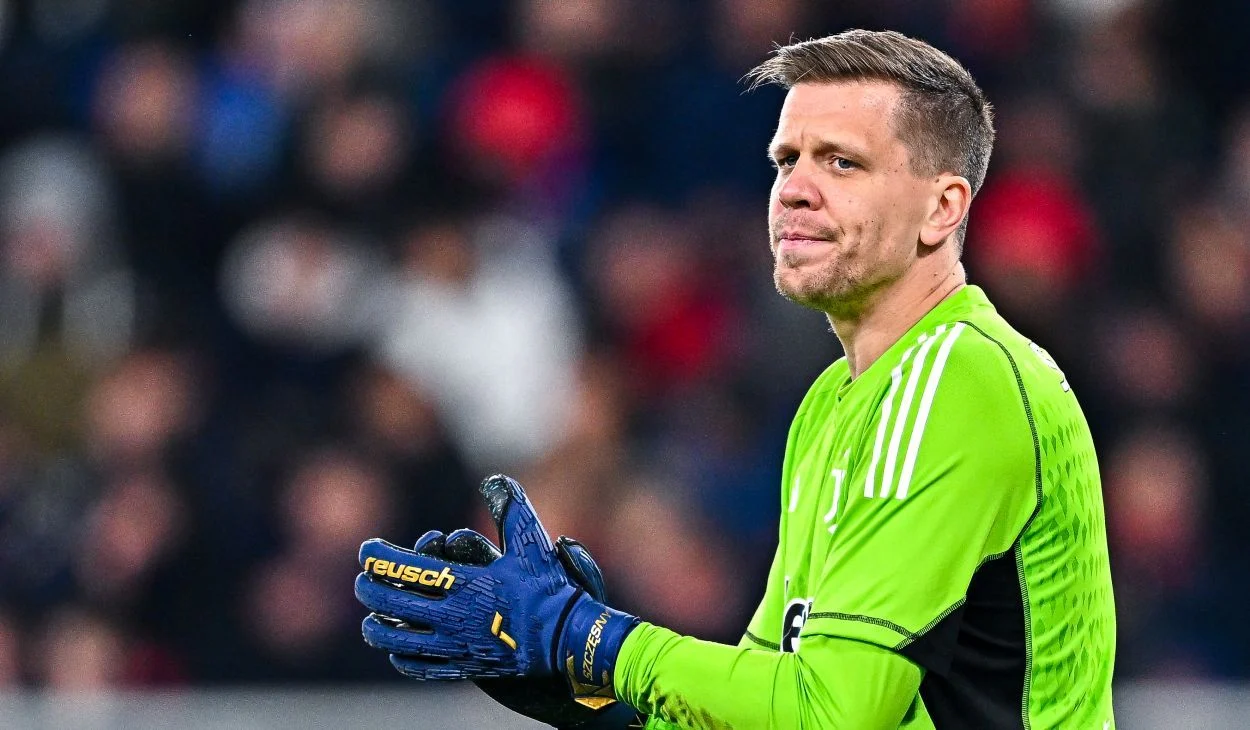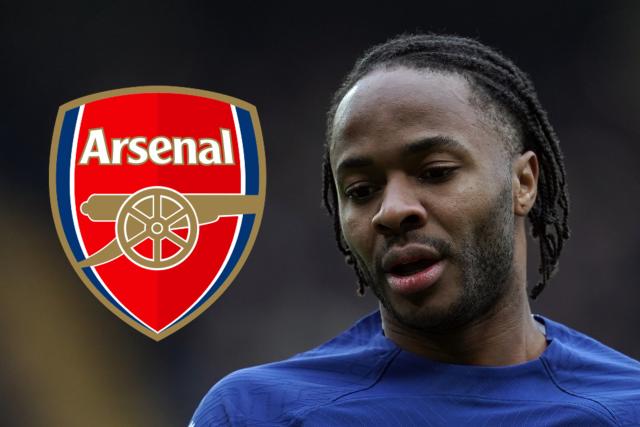
Call for Serious Action on Football Regulation to Address Bias Against Black Managers
The UK government must “get serious” with the proposed football regulation bill and tackle the significant bias affecting black managers, according to Delroy Corinaldi, co-founder of the Black Footballers Partnership. Speaking at the Black Football Partnership awards held at the House of Commons, Corinaldi emphasized that the *Football Governance Bill*—which was reintroduced following the Labour Party’s election victory—remains too narrow in scope to effectively address the lack of diversity in football management.
Although the bill aims to establish an independent football regulator to address issues like revenue distribution for a more sustainable future, Corinaldi stressed that this is insufficient. Despite black footballers comprising 43% of Premier League players, only 4.4% of managerial roles and a mere 1.6% of executive, leadership, and ownership positions are occupied by black individuals. Corinaldi urged the government, particularly Culture Secretary Lisa Nandy, to ensure the bill is expanded to foster genuine change and opportunities for black former players.
“We can have black players not only be entertainers, but wonderful leaders in the game,” said Corinaldi. He argued that the bill offers a chance to demonstrate what success looks like but must be more ambitious in addressing deep-rooted biases within football.
Former Premier League manager Chris Hughton, who received the Tony Collins award at the event, echoed these sentiments, highlighting the need for a brighter future with far better representation for black individuals in football. Hughton expressed optimism for change, but emphasized that real progress can only be measured by increasing diversity in leadership roles.
Mary Phillip, the first black woman to captain England’s national football team, also shared her concerns about the limited pathways available for black players today. Reflecting on her own experiences, she questioned whether she would have the same opportunities in today’s football environment, highlighting the need for a more inclusive system.
The calls from Corinaldi, Hughton, and Phillip signal a broader push for the football governance reforms to address not just financial issues but the entrenched lack of diversity in football management and leadership.


































